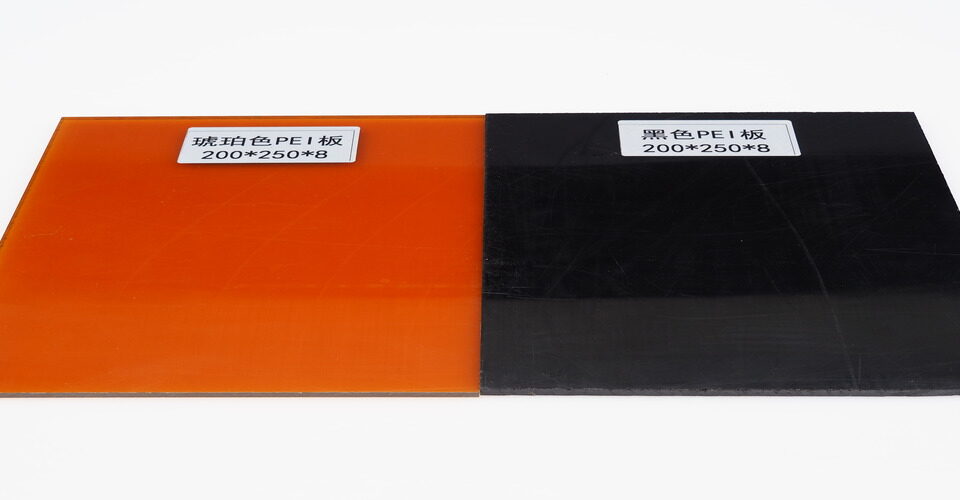
What Are the Properties of UHMWPE?
October 8, 2024
Does ABS Plastic Crack?
October 8, 2024Acrylonitrile Butadiene Styrene (ABS) plastic is a widely used thermoplastic known for its strength and versatility. Evaluating its quality involves examining its properties, advantages, and potential drawbacks.
Strength and Durability
One of the primary reasons ABS is considered high-quality is its impressive strength and durability. ABS offers excellent impact resistance, making it less likely to crack or break under stress. This quality makes it suitable for products that require robustness, such as automotive parts, toys, and protective gear.

Temperature Resistance
ABS plastic performs well across a range of temperatures. While it can withstand moderate heat, it has a melting point around 220°C (428°F). This temperature resistance ensures that ABS maintains its structural integrity in various environments, although it may not be suitable for extremely high-temperature applications.
Ease of Fabrication
ABS is easy to mold and fabricate, which contributes to its popularity in manufacturing. It can be easily extruded, injection-molded, or 3D printed, allowing for the production of complex shapes and designs. This versatility makes it ideal for both small-scale and large-scale production.
Chemical Resistance
While ABS offers good resistance to many chemicals, it is susceptible to certain solvents, such as acetone. This limitation can impact its use in specific applications where chemical exposure is a concern.
Conclusion
In summary, ABS plastic is generally considered good quality due to its strength, durability, and ease of fabrication. However, its susceptibility to certain chemicals should be taken into account when determining its suitability for specific applications. Overall, ABS is a reliable choice for many industries.






